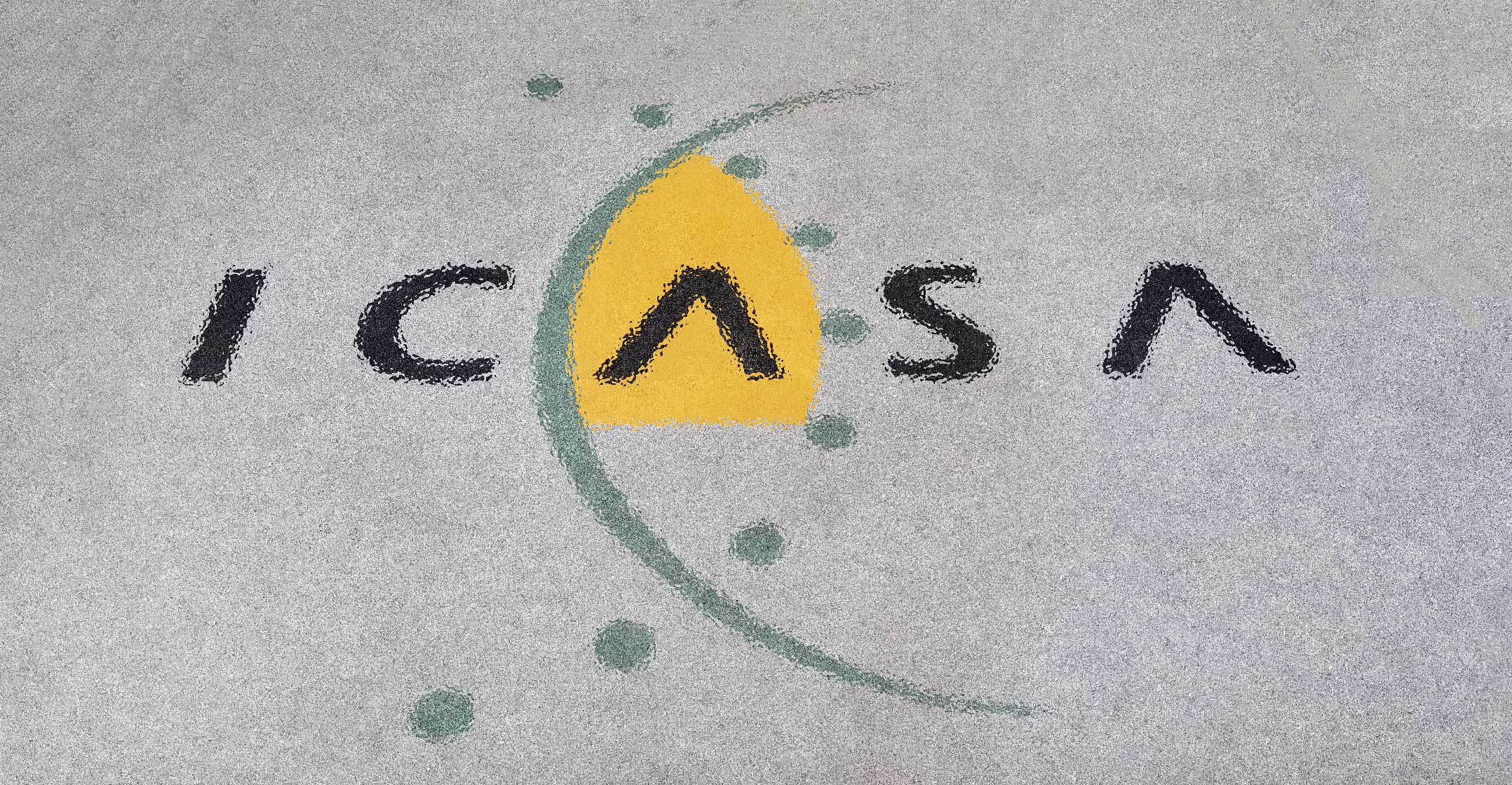 The Internet Service Providers’ Association (Ispa) on Thursday slammed communications regulator Icasa’s new call termination rate regime, introducing on 1 October, saying it favours the industry’s larger players.
The Internet Service Providers’ Association (Ispa) on Thursday slammed communications regulator Icasa’s new call termination rate regime, introducing on 1 October, saying it favours the industry’s larger players.
Call termination rates are the fees operators may charge each other to carry calls between their networks. If the regime is managed correctly, it can lead to lower retail prices for consumers.
“Icasa’s review of the 2014 call termination regulations has been greeted with silence by the incumbent mobile networks, which is telling as this is an anticompetitive rate regime that favours large operators,” said Ispa regulatory advisor Dominic Cull in a statement.
Ispa’s core objection to the new rates is that they will remove any advantage given to smaller fixed-line service providers to compete with “dominant incumbent” Telkom, while the differential between the fixed and mobile termination rates means that these smaller operators are effectively required to subsidise the mobile networks, Cull said.
“The incumbent operators were extremely vocal when it came to the previous termination rate cuts, predicting catastrophic consequences as a result of revenue declines. Now, however, their public silence on the latest set of termination rates indicates that they are at ease with Icasa intervening in the telecommunications market in a manner which benefits established players.”
Cull also criticised the time it has taken Icasa to produce the new regulations. “Where in the world do we find a regulator that takes more than 36 months to complete a notionally pro-competitive intervention and come up with a regime which has obvious anticompetitive consequences?”
Contradiction
He said Icasa’s decision to “eliminate asymmetric rates”, which favour smaller operators directly, “contradicts its own position that its interventions to date in this market had failed to facilitate greater competition”.
“Ispa argued in its submission to Icasa that this failure, in fact,justified more aggressive asymmetry.
“Icasa claims that this intervention will lower the cost to communicate, but we see it’s recent actions and inactions as having the opposite effect,” he said.
 He added that Icasa has been ineffective in promoting competition in the voice market in several other areas, including:
He added that Icasa has been ineffective in promoting competition in the voice market in several other areas, including:
- Its decision to exempt calls originating outside of South Africa from regulated call termination rates, which has seen these rates increase to as high as R3.30 ex VAT per minute;
- Its failure to intervene in the call-origination market, which has meant the failure of carrier pre-selection and additional costs for consumers calling toll-free numbers such as Life Line or Child Line; and
- Its failure to finalise a framework for porting non-geographic numbers such as 0800 and 0860 numbers, strengthening the dominance of Telkom.
However, Telkom said last week that it is also not happy with the final Icasa regulations, warning they could have an impact on its operations.
The operator’s CEO, Sipho Maseko, warned previously that a draft of the regulations, published in August, could lead to a jobs bloodbath at the company if implemented without significant changes.
“This decision is another missed opportunity for Icasa to reduce the cost to communicate while increasing competition,” the company said in e-mailed response to a query from TechCentral on the new regulations.
“This was an opportunity for Icasa to introduce a call termination rate structure that challenges the duopoly in the mobile market and reduces the costs to communicate through encouraging increased competition.”
Telkom said the final regulations “do not recognise the increasing convergence of fixed and mobile technologies as a means of conveying voice calls”.
The new regulations state that for operators with more than 20% share of total minutes terminated in the wholesale voice market, the rates for fixed-line termination will be 9c/minute in the first year, falling to 7c in October 2019 and 6c in October 2020. For operators with over 20% share in mobile, the numbers are 12c, 10c and 9c over the three-year glide-path period.
For operators with 20% or less share of total minutes terminated in the wholesale voice market, the rates for fixed-line termination will be 10c/minute, falling to 8c in October 2019 and 6c in October 2020. For mobile, the rates will be set at 18c/minute from next month, then 16c in October 2019 and finally 13c in October 2020. — (c) 2018 NewsCentral Media




